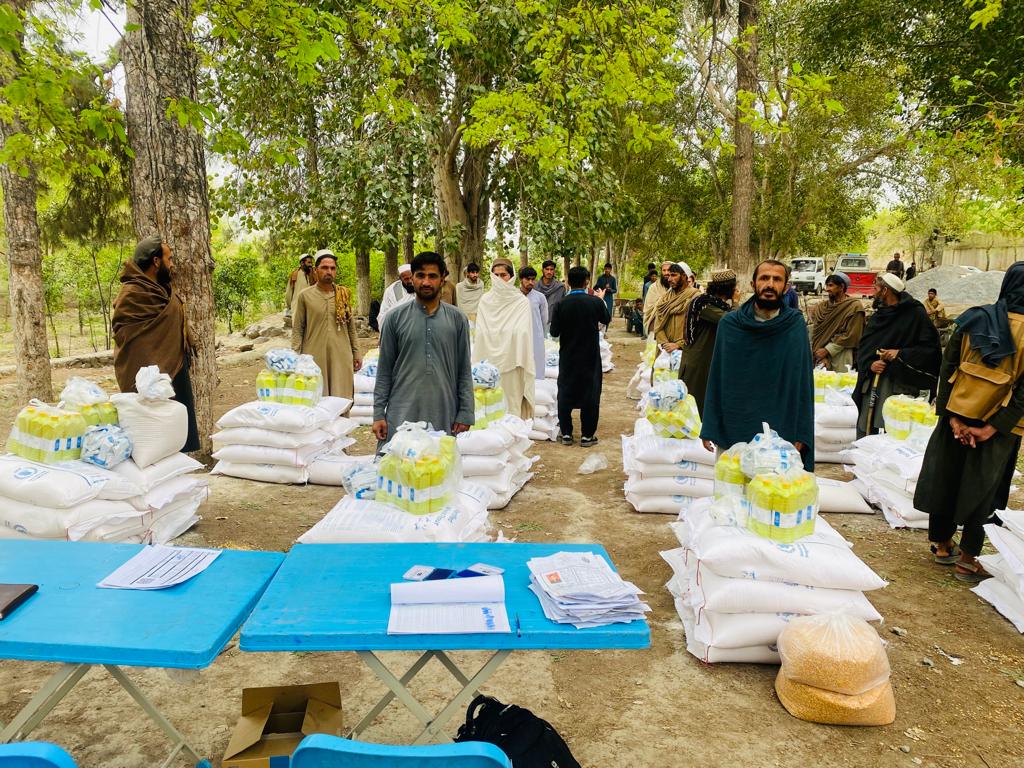Skill-building initiatives for Afghan women are crucial for empowering them economically, socially, and politically in a society where gender inequality and traditional norms often limit women's opportunities. Here are several key areas of focus for skill-building programs aimed at Afghan women: 1. **Vocational Training**: Providing vocational training in various fields such as tailoring, handicrafts, agriculture, computer literacy, and small business management equips Afghan women with practical skills that enable them to earn income and become financially independent. 2. **Entrepreneurship Development**: Entrepreneurship programs offer women the knowledge and skills needed to start and manage their own businesses. This includes training in business planning, marketing, financial management, and access to microfinance services to help women launch and sustain their enterprises. 3. **Literacy and Education**: Many Afghan women lack basic literacy and numeracy skills due to limited access to education. Literacy programs tailored to adult learners can help women improve their reading, writing, and numeracy skills, empowering them to participate more fully in society and pursue further education and training opportunities. 4. **Leadership and Advocacy Training**: Leadership and advocacy training programs empower Afghan women to become agents of change in their communities and advocate for their rights. These programs provide women with the knowledge, confidence, and skills to take on leadership roles, engage in civic participation, and advocate for gender equality and women's rights. 5. **Digital Literacy and Information Technology**: In today's digital age, proficiency in digital literacy and information technology is increasingly important for accessing information, communication, and economic opportunities. Digital literacy programs for Afghan women can teach basic computer skills, internet usage, and digital literacy, opening up new avenues for learning, employment, and entrepreneurship. 6. **Health and Hygiene Education**: Health and hygiene education programs educate women on topics such as maternal and child health, nutrition, family planning, hygiene practices, and disease prevention. Empowering women with knowledge about their health and well-being enables them to make informed decisions and improve the health outcomes of themselves and their families. 7. **Conflict Resolution and Peacebuilding**: Given Afghanistan's history of conflict and instability, training women in conflict resolution, peacebuilding, and community reconciliation can empower them to play active roles in promoting peace and stability in their communities. These programs equip women with the skills to resolve conflicts peacefully, build social cohesion, and contribute to conflict prevention and resolution efforts. 8. **Legal Rights Awareness**: Many Afghan women face legal barriers and discrimination that limit their rights and freedoms. Legal rights awareness programs educate women about their rights under Afghan law, including their rights to education, employment, property ownership, and protection from violence and discrimination. These programs empower women to assert their rights and seek legal recourse in cases of injustice or abuse. By investing in skill-building initiatives for Afghan women, stakeholders can contribute to gender equality, poverty reduction, and sustainable development in Afghanistan, ultimately enabling women to realize their full potential and contribute meaningfully to their families, communities, and society as a whole.
You can give your opinion about any of our services, we will listen to them and we will do the work with full satisfaction based on your opinion.


